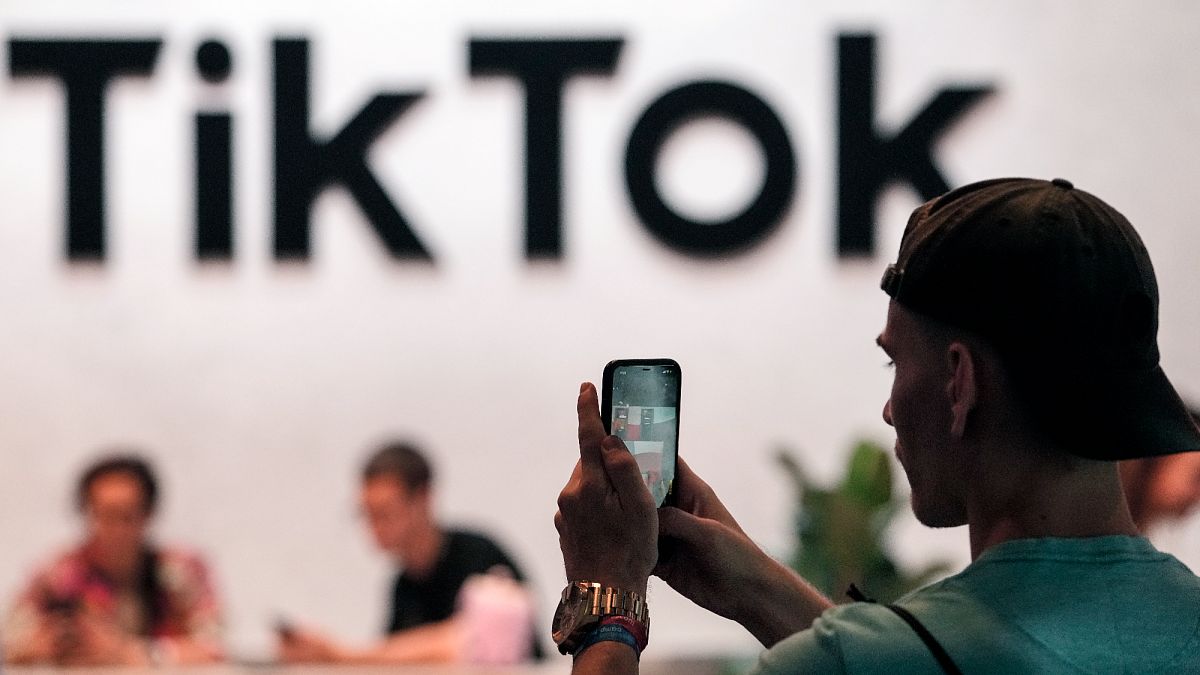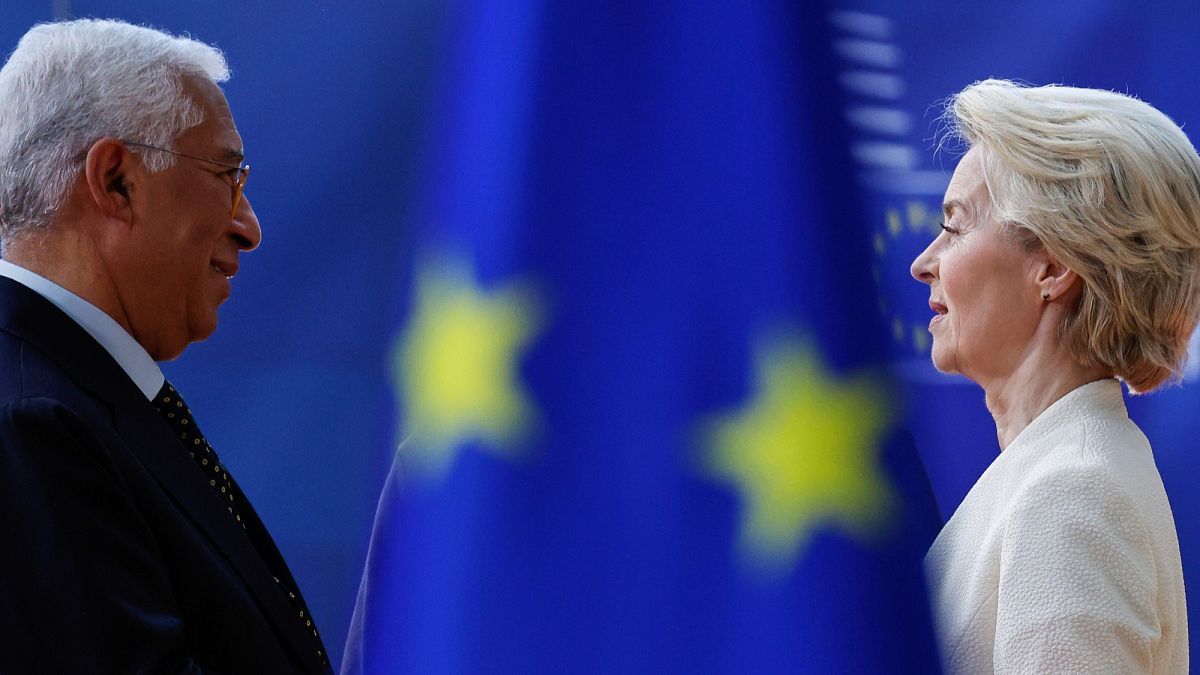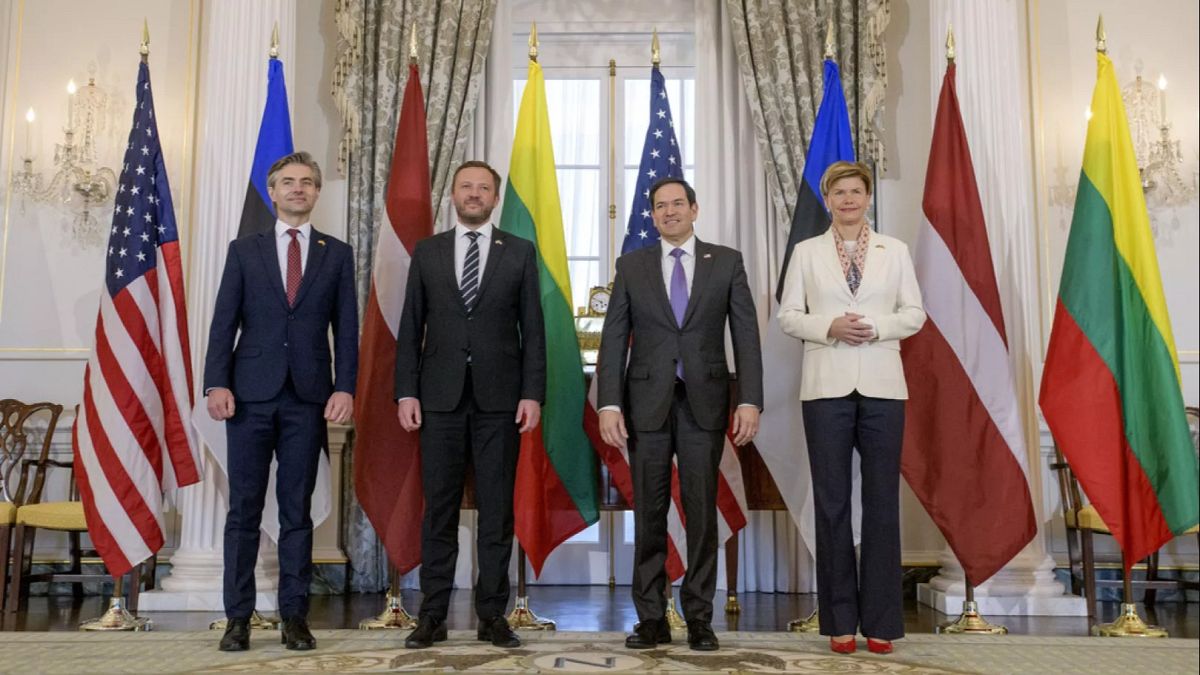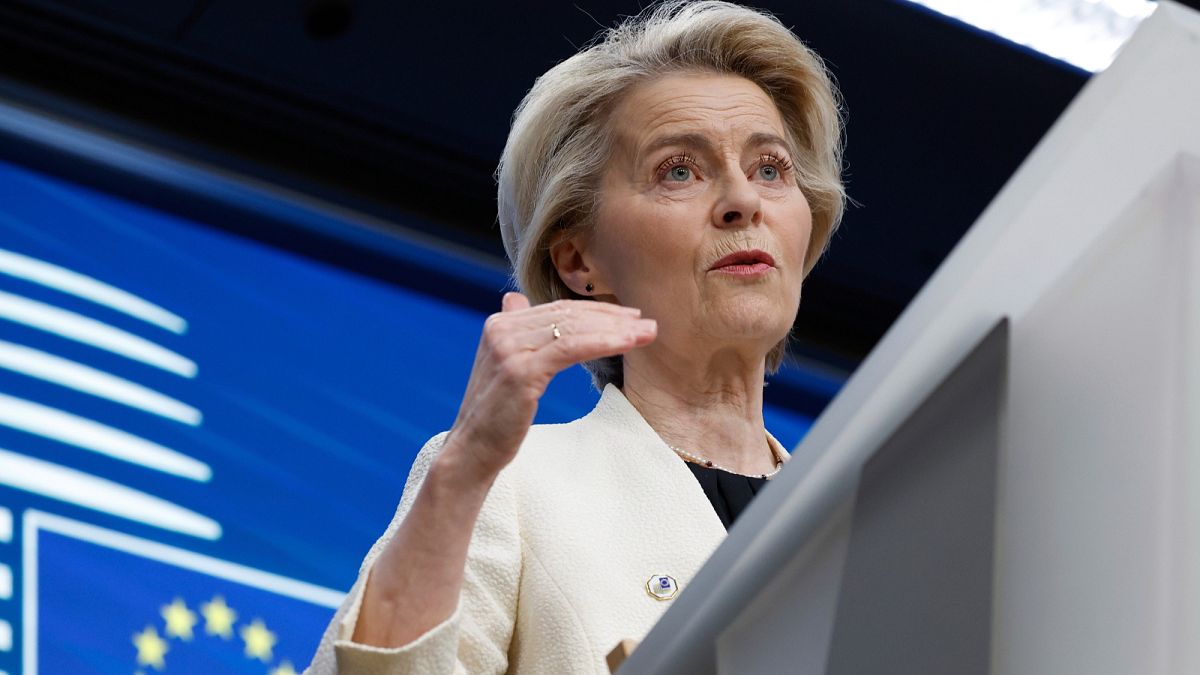Polling stations have opened in Romania, where millions are casting their ballots in a crucial parliamentary election. The vote comes just one week after a highly controversial first round of the presidential race, which saw relatively unknown populist candidate Călin Georgescu win 23% of the vote.
Sunday’s parliamentary race is the most important vote in Romania, as it determines the country’s new government and prime minister. There are concerns however that it may be overshadowed by the chaos that ensued from last week’s presidential vote.
While the president has significant decision-making powers in Romania, particularly in areas such as national security and foreign policy, it’s the prime minister that heads the government.
Georgescu led an unorthodox campaign, almost entirely promoting his candidacy on the social media platform TikTok. He reported zero campaign spending, but his sudden rise in popularity has triggered alarm bells and fuelled suspicions of foul play.
Georgescu went on to win almost 23% of the vote on Sunday, after having polled at just 5% a day prior. The shocking result marginally edged out progressive rival, Elena Lasconi, of the Save Romania Union party, and incumbent prime minister Marcel Ciolacu of the Social Democratic Party, both of whom won just over 19% of the vote.
The far-right independent candidate, dubbed the ‘TikTok Messiah’ for his ultra-religious statements, has openly expressed admiration for Russian president Vladimir Putin. His policies of ‘neutrality’ which promotes anti-NATO and anti-EU rhetoric, and praise of Romanian fascists has sparked controversy around potential foreign interference.
On Thursday, Romania's Constitutional Court requested the country's central election authority recount and check ballots from the presidential first round.
The top court also decided to postpone until Monday a request to annul the election's results, a decision that means the two candidates cannot start their campaigns.
They’ve also called on the European Commission to investigate TikTok over its breach of the EU Digital Services Act regarding its influence campaign for the pro-Russian presidential candidate.
Anti-incumbency sentiments, like in many countries across Europe, has been on the rise in Romania. The country, battling high inflation rates, a cost-of-living crisis, and grappling with a large budget deficit and a sluggish economy has created an environment for far-right populist parties to gather support.
Recent polls suggest the top three parties in Sunday’s election will be the Social Democratic Party (PSD), the far-right Alliance for the Unity of Romanians (AUR) and the National Liberal Party (PNL).
Lasconi’s Save Romania Union party (USR) could garner the next most votes after experiencing a steady growth in popularity since first bursting onto the political scene eight years ago.
More minor parties could potentially enter parliament and occupy some of the 466 seats, but they must surpass the required 5% threshold.
After the controversial presidential vote and the confusion surrounding it, many political analysts are hesitant to predict the outcome of the parliamentary elections.
The question that will be on many people’s minds, in Romania and in other European countries, is whether last week’s surprising result in the presidential race a fluke or whether Romania really is veering towards populist politics.

 4 months ago
36
4 months ago
36






 We deliver critical software at unparalleled value and speed to help your business thrive
We deliver critical software at unparalleled value and speed to help your business thrive






 English (US) ·
English (US) ·